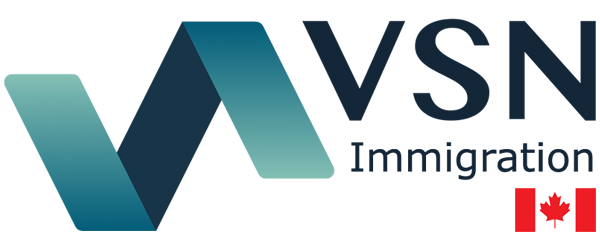Saskatchewan issued 248 ITAs in the new round of SINP
On March 11, 2021, Saskatchewan conducted a new round of invitations in the Saskatchewan Immigrant Nominee Program (SINP). This time, SINP issued 248 invitations to apply (ITAs) for the provincial nomination. In the Express Entry category, Saskatchewan issued 72 ITAs. Another 176 invitations were issued to the Occupations In-Demand category candidates. The lowest score in both categories was 71 points, one point fewer than in the previous round. All invited candidates had Educational Credential Assessments. In this draw, Saskatchewan invited candidates in 76 different NOCs. In total, Saskatchewan invited 1,975 candidates in 2021, 1,052 under the Express Entry, and 923 under the Occupations In-Demand category.
#Saskatchewan, #SINP, #Express_Entry, #Occupations_in_demand, #PNP
New instructions for Quebec skilled worker applications
On March 10, 2021, Immigration, Refugees and Citizenship Canada (IRCC) posted new instructions aimed at the facilitation of the processing of the paper applications for Quebec skilled workers (QSW). The new update recommends officers not reject incomplete applications but to requests the missing documentation. The only requirement is to possess Quebec Selection Certificate upon receipt of the application. If candidates do not provide it in time the applications will be returned.
#Quebec, #QSW, #Quebec_Selection_Certificate, #IRCC, #MIFI
Canada admitted 5,755 French-speaking immigrants outside Quebec in 2020
According to data by IRCC, in 2020, Canada granted permanent residence to 5,755 French-speaking immigrants outside Quebec. Among them, 4,080 were in the Economic Class, 840 in the Family Class, 750 were admitted as Resettled Refugees & Protected Persons, and 85 immigrants were admitted under other categories. As for the Economic Class, 3,335 Economic Francophone newcomers immigrated via the Express Entry system, while 750 via other Economic programs, which are not aligned with Express Entry. 3,395 French-speaking immigrants settled in Ontario, 650 in New Brunswick, 525 in British Columbia, 465 in Alberta, and 420 in Manitoba. Other provinces were less popular among Francophone newcomers. This data covers permanent residents with French as Mother Tongue and those with Mother Tongue other than French or English and with “French Only” as Official Language Spoken (excluding “Both English and French”). In October 2020, IRCC introduced additional points for French in the Express Entry. Saskatchewan followed this policy and allocated extra points for Francophones in the SINP. The goal of the government is to maintain the number of French-speaking immigrants outside Quebec at a 4.4% level.
#PR, #Francophones, #French_speaking_immigrants, #IRCC, #Express_Entry, #Ontario, #British_Columbia, #New_Brunswick, #Alberta, #Manitoba
Will Intra-Company Transfers replace the Owner/Operator category?
Starting April 1, 2021, the pathway for Canadian permanent residence for foreign nationals who wish to get the LMIA under the Owner/Operator category will become more complicated. The government is lifting the advertising exemption and will require those candidates to pay the prevailing wages. As a result, this pathway may be less popular among foreign entrepreneurs. As of now, the most viable alternative for such candidates is the Intra-Company Transfer (ICT). This pathway towards the PR may be a good option for those who already own a business in their home country and wishes to open a Canadian branch. The main advantage of this path is the opportunity to get a work permit without a need in LMIA (exemption code C12). Therefore, ICT can become a route for foreign businesspeople to gain Canadian work experience and extra points for Express Entry.
#ICT, #business_immigration, #owner_operator
